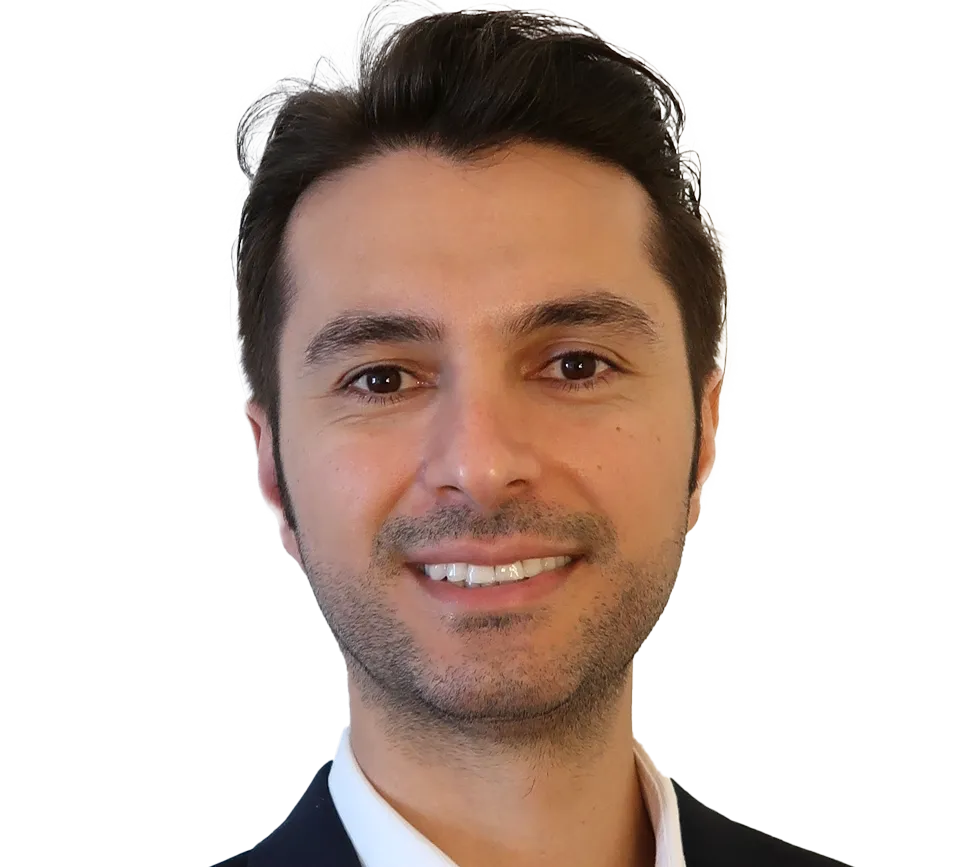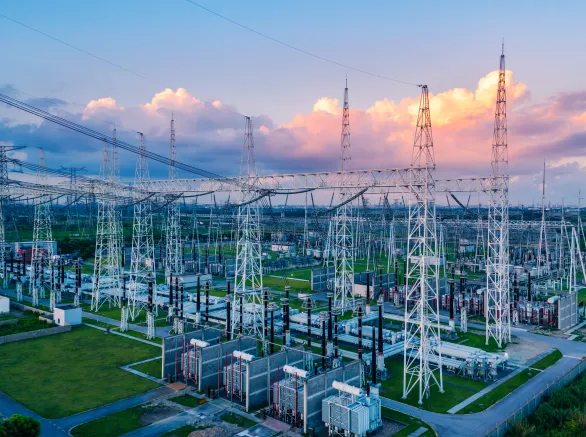

- Ph.D., Chemical Engineering, University of California, Irvine, 2022
- M.Sc., Chemical Engineering, Istanbul Technical University, Turkey, 2014
- B.Sc., Chemical Engineering, University of Tabriz, Iran, 2012
- Professional Engineer Chemical, California, #7237
- 40-Hour Hazardous Waste Operation and Emergency Response Certification (HAZWOPER)
- Fire Investigation 1A (Cause and Origin), California Office of State Fire Marshal (CA)
- American Institute of Chemical Engineers (AIChE)
- - Session Co-Chair for Advances in Ammonia as a Fuel/Hydrogen for Petrochemicals topical at the 2024 Spring Meeting, New Orleans, 24-28 March 2024.
- Azeri-Turkish
- Persian (Farsi)
- Turkish
Dr. Faraji has expertise in the areas of chemical engineering and industrial processing, hydrogen and clean energy production, nano-material synthesis, petrochemical and process safety, and experimental combustion processes. During his time at Exponent, Dr. Faraji has performed reliability, availability, and maintainability (RAM) studies for energy production and distribution plants, including utilities and the oil and gas industry. Dr. Faraji is experienced in performing economic feasibility analysis for high-pressure cryogenic carbon capture and storage systems and steam methane reforming hydrogen production plant. Dr. Faraji has extensively worked on multi-disciplinary projects related to the smoke and fire particulate damage assessment on buildings from both wildfires and structure fires. He has experience in analyzing large-scale industrial emissions comply with codes, standards, and regulations. Additionally, he has conducted multiple due diligence inspections to evaluate the operation and maintenance procedures for water treatment systems. He has also experience with the electrohydrodynamics-assisted de-emulsification procedure used in water treatment.
Dr. Faraji also has extensive experience in synthesizing materials from raw precursors as well as characterizing materials using both ex-situ (SEM, TEM, EDS, XRD, XRF, TGA, BET, XPS, etc.) and in-situ (DRIFTs, TPR, etc.) techniques. He is an expert in designing experimental setup and conducting reliability and failure analysis for a broad range of applications, including electronic packaging technologies with molded encapsulants, polymer-based activated carbon nanofibers, and catalysts performance in a catalysis reaction. His experience with computational modeling includes using commercial software for chemical kinetic modeling (CHEMKIN), process simulation (Aspen HYSYS), design of experiments (Minitab, JMP), and molecular simulation by DFT calculation (VASP).
Prior to joining Exponent, Dr. Faraji was a research assistant at the University of California, Irvine (UCI) to pursue his Ph.D. study. As part of the UCI Combustion Laboratory and the Advanced Power and Energy Program, he engaged in both fundamental and applied research to develop clean combustion technologies and mitigate environmental impacts. His dissertation focused on the impact of blending hydrogen with natural gas, as a fuel, on the NOx pollution reduction unit in stationary power applications. He studied the influence of zeolite material properties and flue gas conditions on the thermodynamics and reaction design of NOx reduction units. Dr. Faraji also developed new metal oxide-based nanomaterials for use as oxygen carriers in the chemical looping combustion technology. During his graduate studies, Dr. Faraji gained extensive experience in state-of-the-art experimental and computational characterization of combustion systems and emission control technologies using chemical reactions and transport phenomena.
Sahand's recent insights
